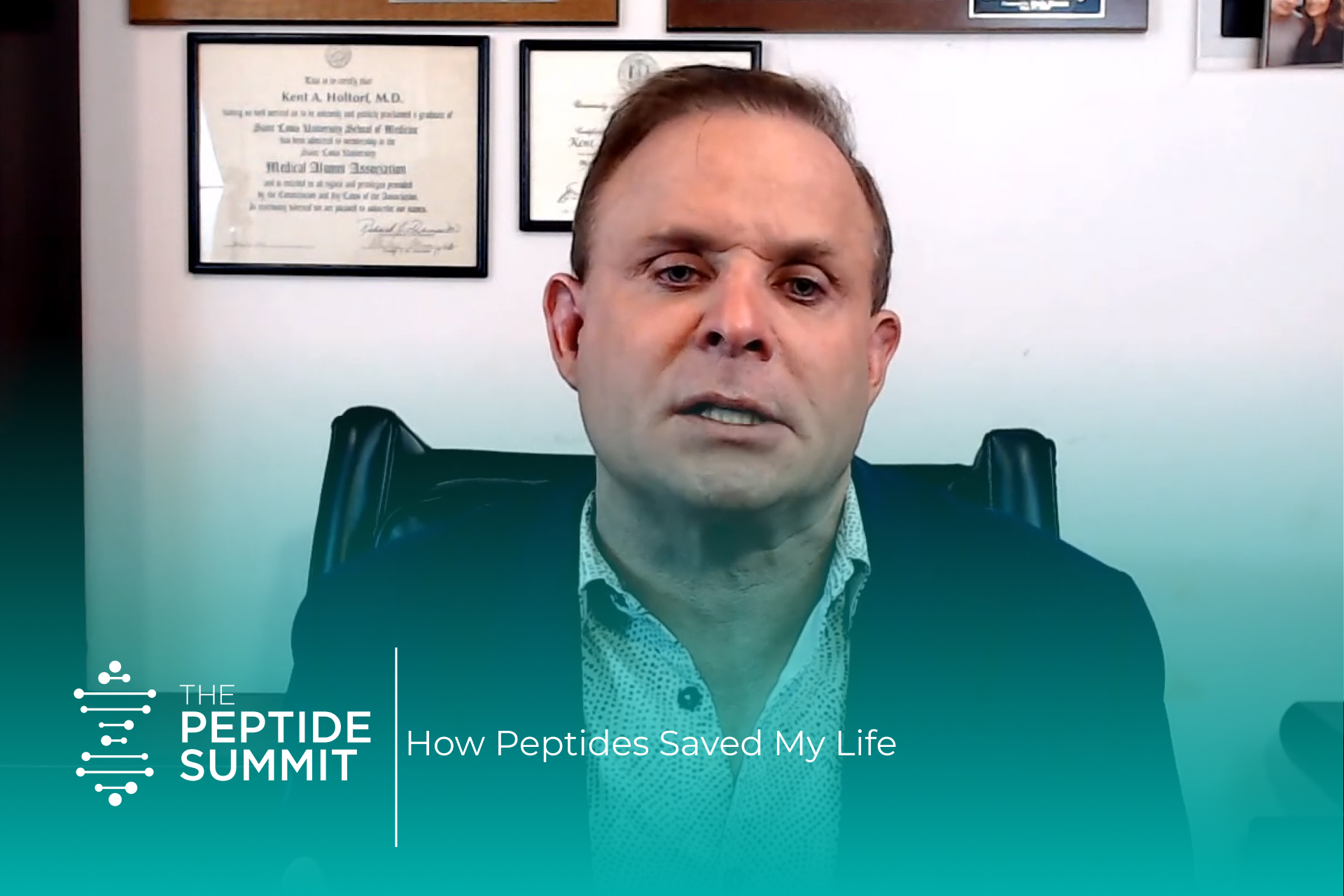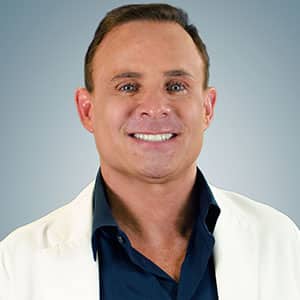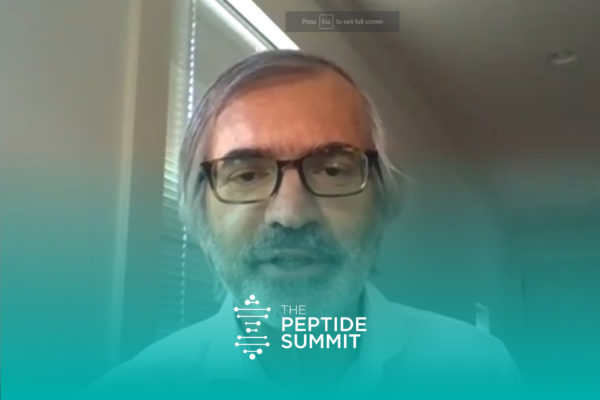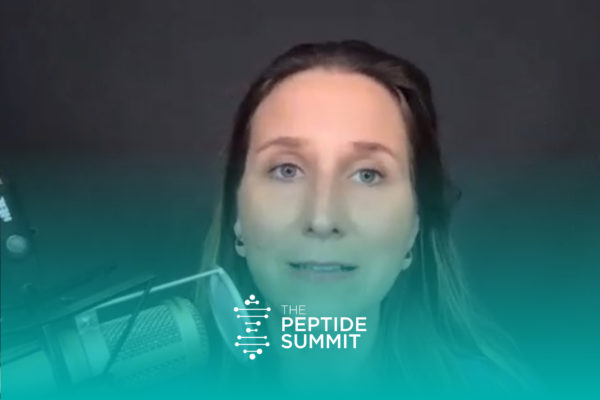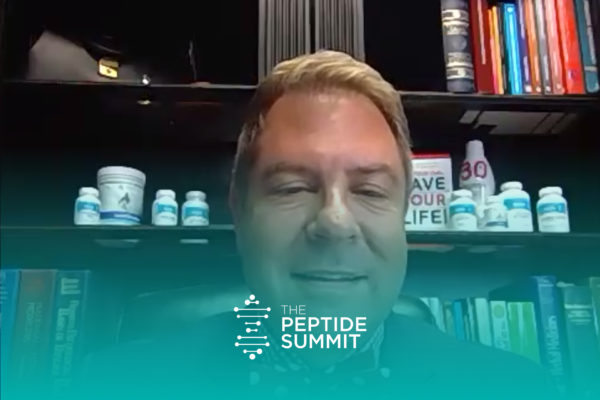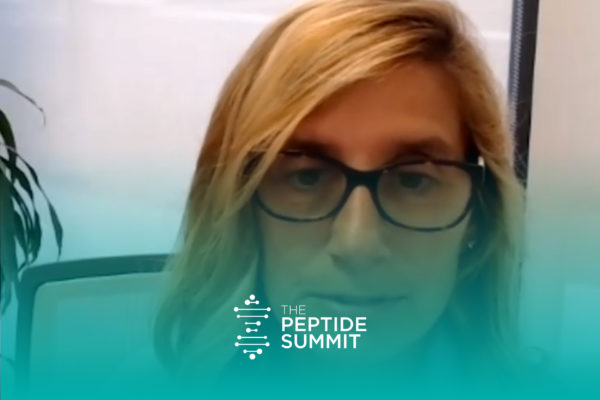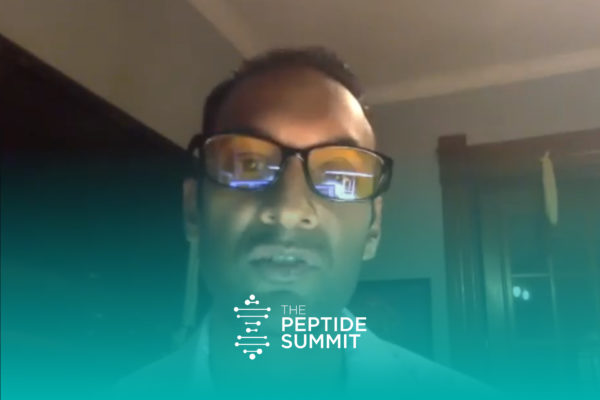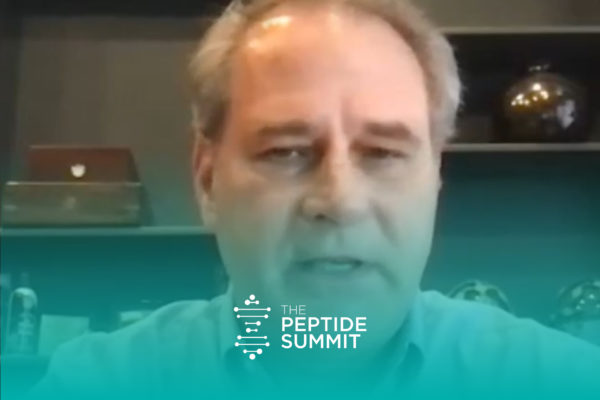Didn’t tell anyone and went to tons of so-called integrative, alternative, functional medicine. I was blown away at most of these conferences were more evidence-based and years ahead of what standard medicine and what they were teaching in medical school and residency again. So the opposite was true. These so-called alternative integrative functional medicine were more evidence-based than the way you’re taught in universities and the old dogma that’s being taught when you’re resident. And, and the problem is all these standard dogma societal guidelines basically don’t change for 20 years. And, but it was so exciting to me because, you know, new therapies were coming out all the time, you know, with literature reviews, new evidence coming out, it was a new way to practice medicine. And I really embraced it. was very excited about it. And the thing was in standard medicine was moving so slow while so-called alternative medicine, which, you know, I was always told means no evidence now.
I mean, it’s the opposite. I think, and people asked, you know, what kind of medicine do you do? I think we do standard medicine just better. So after spending a year of investigating potentially beneficial therapeutics for my condition, I implemented a multi-system therapeutic regimen that resolved most of my severe symptoms and was able to go back to work. I felt like a new person and with many innovative, again multi-system treatments, including immune modulators and hormone optimization despite my labs being so called normal you know, straight T3, which is a passion of mine. We started the national Academy of hypothyroidism. A nonprofit really was a key component of changing my life. So thyroid optimization with T3 was hugely beneficial, but a lot of other treatments were certainly beneficial as well. But what happened is subsequently I went through a stressful divorce, which resulted in just a huge flare.
And I often don’t lecture on how stress is a major player and the perpetuation of chronic illness. And it left me mostly bed bound for months with severe fatigue, anxiety and panic attacks were worse. Just drenching, sweat, severe sleep disorder is never slept for again for few sweating neuropathies, a really complete inability to handle stress, like just the phone would ring. And I would just jump out of my skin at, which people couldn’t touch my skin. I couldn’t have a blood pressure cuff and just had a ton of symptoms. And then I went into heart failure and intermittent. I couldn’t stand upright. I couldn’t walk upstairs. I developed autoimmune kidney disease. Anti-Fossil lipid syndrome. I knew I had a chronic infection, likely Lyme disease. But my blood was so thick from immune activation of coagulation that you could not even draw it out on.
When I was on high dose and equivalence with the most massive needle, it was just like syrup. Ultimately the Lyme disease test came back were, were confirmed with specialty testing, you know, the standard tests were negative until I fixed my immune system. And then they all turned positive. I also had a BCL, which is probably the worst bug to get in Bartonella causing all that anxiety and cognitive dysfunction and lots of reacting viruses and mold toxicity. So I had, I had the whole, the whole gambit and I also believed that I got it basically from birth.
So I knew it was going to be one of the toughest patients. And it wasn’t going to be an easy fix. I tried massive doses of antibiotics doing four seven intravenous antibiotics at the same time. At many times the maximum dose, these are doses I would never give to patient due to the due to the risk. And, but I still was no better after four and a half years of doing this intense therapy, my immune system was so bad. So my natural killer cell function, which is the cell that monitors your body for intracellular infection and also cancer was basically non-existent yeah, it ran between zero and three normals above 30, which is why the antibiotics never worked. You can’t take enough antibiotics to kill a bug. You have to have an immune system to take over, but with no immune system, you just did, you can just take antibiotics till the cows come home. And they won’t work.
I remember being in the ICU with sepsis, so blood infection and the nurses outside Micah harem through the little drape, they said, Oh, this is the AIDS patient that keeps coming up negative HIV negative for HIV. Well, I knew what it was, but I had so many HIV tests, but of course they’re all negative. The infectious disease doctors were very disinterested. They flat out told me that they don’t believe in chronic Lyme disease, chronic fatigue syndrome, fibromyalgia, and they refuse to address any issue other than the acute infection. I said, okay, let’s get rid of all that. Just tell me what I have. And, but no, they weren’t interested. And that’s what we find. Unfortunately I was discharged inside of that. I really had to do some, I had to make a choice. So I decided to really go around the country around the world to find new therapies that could potentially help this condition. I really could not live with, especially when you have anxiety and the fatigue, and then the heart failure on top of that.. But that it just, I had to do something that just, I couldn’t continue. And I really don’t think people understand how bad someone feels with chronic Lyme and all of these chronic infections.
It’s more horrible than I think someone could ever imagine who hasn’t, who hasn’t had it. And they can’t truly understand, even though I felt so horrible and struggled to walk, and we’re trying to make a plane flight is walking to sweating half bent over just having a constant panic attack and just was ready to give up so many times. And, Oh my God, if there were stairs, it was, it was horrible. So they have the plane seat just profusely sweating, everyone looking at me. But so it wasn’t an adventure. And, but I went really anywhere where I heard someone who would, you know huh had good evidence and we’re getting people better with these complex illnesses, you know, chronic Lyme and Sears and went around the country and around the world.
I really felt I had no choice. I knew the infections were killing me while many treatments were somewhat helpful. No doubt. I still struggled a bed every day. And I remained in heart failure. My cardiologist said that expects that due to the damage to the heart, I might get 10% better. And about 10 years with aggressive physical therapy. And that was just very depressing. And then while in Europe I had a life-changing event. I discovered peptides which I never heard of at the time, but they ended up saving my life. After hundreds of different treatments with marginal benefits, including again, the four and a half years of antibiotics, I was still severely disabled. However, after being on peptides for just a few weeks, I felt something was changing. And by six months I’m like, I’m a different person. And to the astonishment bit of my cardiologist, I walked into his office upright and then was shown to have a normal echo less than a year later again, he said, I would only improve 10% in 10 years. He said, he’d never seen such a recovery. And I also found a number of therapies that were very synergistic, which we find with peptides.
So a lot of things work like with peptides. So they make other therapies work even better, including other peptides and also T3 ozone STEM cells, exosomes, any immune modulators, mitochondrial booster. So again, this is a tool to put in your toolbox, but it’s a major tool. It’s, it’s your go-to guy. Problem was peptides were not available in the U S so I could not prescribe them to my patients. Even though they’d saved my life that had no side effects due to the FDA regulations of using products made outside of the U S be it Europe or elsewhere. Despite the fact it killed me, cause I knew it would help so many patients that were just really struggling. And then one day at a conference, you know, still going to just tons of conferences lo and behold, there’s a compounding pharmacy that was making injectable and oral peptides for use in the U S I became their first physician speaker.
I’ve lectured at numerous conferences and train physicians on the use of peptides. And, you know, I just they helped me so much. I was like so excited to share, you know, my new found knowledge peptides quickly became the core treatment for the physicians in our centers. At one point we had 22 centers around the country and then nine franchises. And the doctors that embrace peptides had by far the best outcomes of, of any other doctors that didn’t have these, the, this tool, they were dramatically able to improve outcomes that we tracked and we’ve actually published our outcomes showing that people saw we did actually the first 500 patients that had seen on average 7.2 physicians without any improvement. And then by the fourth visit, almost 90% got significantly better. And about 65%, really dramatically better by the fourth visit after not having any luck with 7.2 physicians. Now, I think it’s about 15 physicians they see before seeing us. And also the nice thing is we’re able to drastically reduce the use of many standard therapies that are often ineffective or have significant side effects. I remember one doctor the first time and who is also spoke for us. It was early on Dr. Tringale came to saw me at a conference and she was just so excited. She basically came up to me and said, Oh my gosh, BPC 157. It makes everything work better. And and those things that you just really remember because it’s true, it just could help so many different people.

